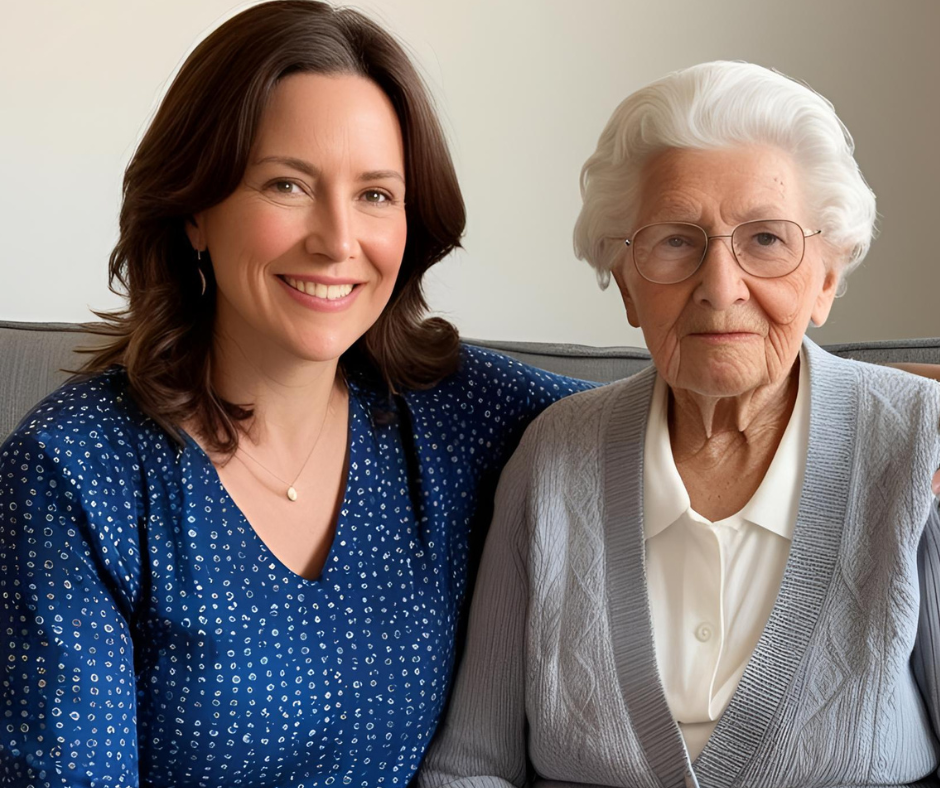Latest News
Latest News

The Rollercoaster Ride of Supporting Your Ageing Parents at Home
March 11, 2025
Supporting your ageing parents to remain at home is a journey filled with twists, turns, and the occasional loop-the-loop. One moment, they’re fiercely independent, refusing any kind of help (“I’ve been making my own tea for 80 years, thank you very much!”), and the next, they’re calling because they can’t remember how to turn on the TV. It’s a ride of laughter, frustration, joy, and exhaustion – often all in the same day.
To truly understand this wild adventure, let’s look at some of the classic archetypes of ageing parents and their relationships with their adult children. If you see yourself in any of these, rest assured – you’re not alone!
The Stubbornly Independent
This parent still insists on mowing the lawn, even though they can barely lift the kettle. They’ll reject any offer of help, insisting, “I’m fine!” even if they’ve just had a close encounter with the garden gnome. Adult children of this type spend a lot of time stealthily arranging “accidental” help – perhaps a friendly neighbour just “happens” to drop by when it’s bin night, or the grocery delivery driver mysteriously knows exactly where the tea bags go.
The Nostalgic Storyteller
Conversations with this parent are like stepping into a time machine. You called to check if they’ve taken their medication, but now you’re 45 minutes into a story about Aunt Mabel’s wedding in 1952. Their ability to derail any practical discussion with a heart-warming, meandering tale is almost impressive. Their adult children often develop expert-level skills in steering conversations back on track: “That’s lovely, Mum… now, about your blood pressure tablets?”
The Tech-Resistant Philosopher
They’ve been given a smartphone, but refuse to use it for anything other than making calls – and even then, reluctantly. Text messages? Out of the question. Video calls? “That’s witchcraft.” The adult children of this archetype often resort to leaving handwritten notes beside the phone explaining how to use it. If they’re lucky, they might even convince their parent to send an emoji – once.
The ‘I’ll Do It My Way’ Chef
No matter how many times you tell them about healthy eating, they’ll still be frying everything in butter and adding salt like it’s a main ingredient. “I’ve been eating this way my whole life, and I’m still here, aren’t I?” Adult children of these food rebels often sneak in healthier options where they can – swapping out sugar for honey, adding hidden vegetables, or diplomatically “forgetting” to buy the extra-large tub of ice cream.
The Social Butterfly (Who Still Needs a Lift)
This parent has a busier social calendar than their children do. Between bingo, book club, and their twice-weekly coffee group, they have places to be! The only problem? They still need you to drive them everywhere. Their adult children often find themselves acting as personal chauffeurs, juggling work, family, and their parent’s lively social schedule.
The Grateful, Yet Forgetful
They’re incredibly appreciative of your help… when they remember you provided it. “I don’t know who brought me this lovely soup, but wasn’t that kind of them?” You did, Mum. You did. Adult children of this archetype learn to take deep breaths and let the small stuff slide – after all, their parent’s gratitude (even if misdirected) is still genuine.
Riding the Rollercoaster with Love and Laughter
No matter what type of ageing parent you have, one thing is certain – this journey is unpredictable. Some days are filled with frustration, especially when they refuse help that you “know” they need. Other days are filled with laughter, like when they surprise you by embracing technology in their own unique way (“I sent an email! To the wrong person. But still!”).
Supporting your parents to remain at home isn’t always easy, but it’s a testament to love, patience, and the deep bond you share. There will be ups, downs, and unexpected turns, but at the end of the day, you’re doing something incredibly meaningful – helping them maintain their dignity, independence, and quality of life.
So, buckle up, hold on tight, and try to enjoy the ride. Because one day, we’ll all be the ones calling our kids to ask how to turn on the TV.





